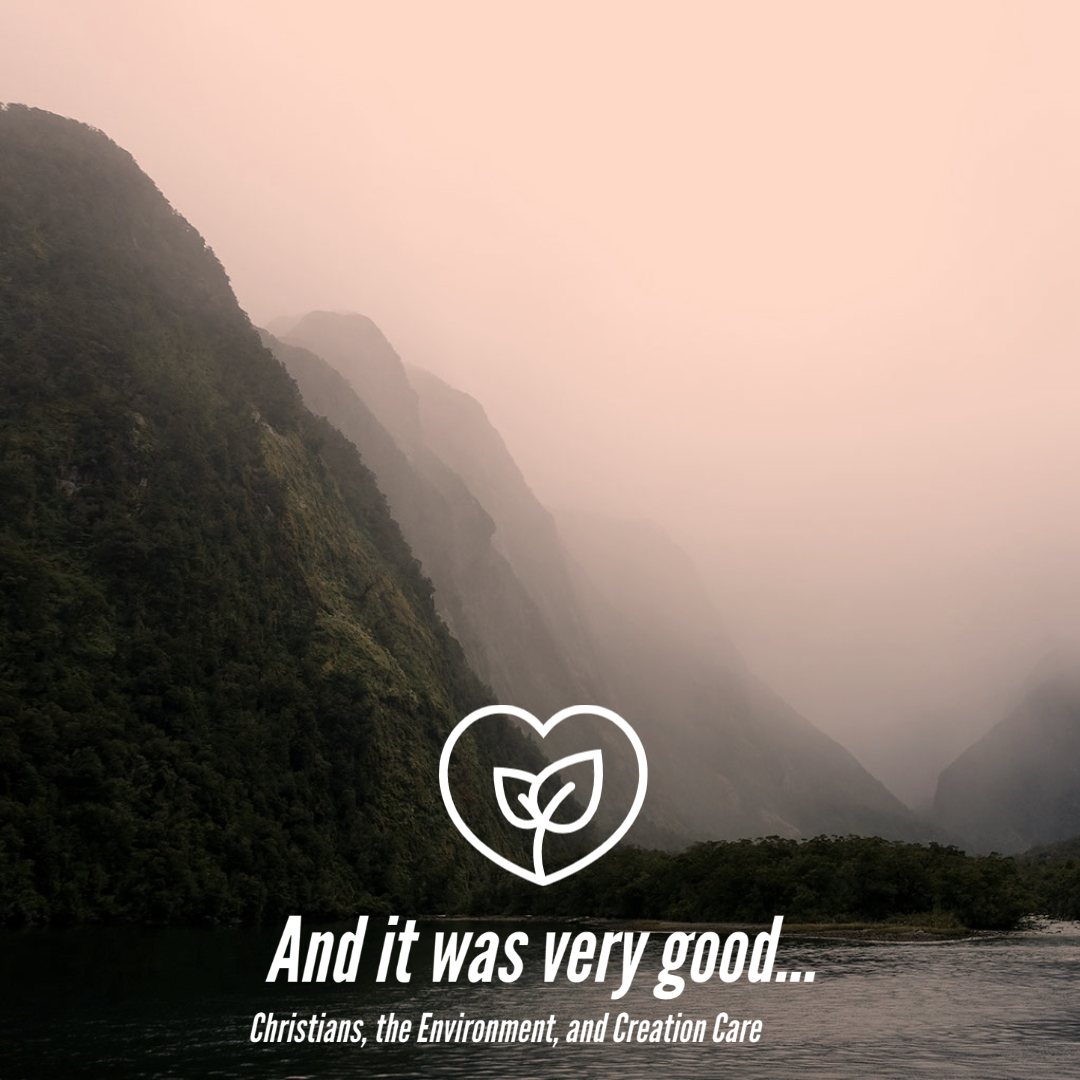“Resources exist to be consumed. And consumed they will be, if not by this generation then by some future. By what right does this forgotten future seek to deny us our birthright? None I say! Let us take what is ours, chew and eat our fill.”
CEO Nwabudike Morgan, “The Ethics of Greed”, in the computer game Sid Meier’s Alpha Centauri
I remember first hearing this quote as a young gamer and being blown away. Even though many people, including Christians, give lip service to caring for the environment, in reality, we often live exactly like CEO Morgan says we should. But as Christians, should this be our attitude? Or does the Bible give us a different approach to how we treat the planet?
Now one of the biggest problems that comes up when discussing this topic is that people treat it as a political issue. However, as Christians, we cannot let how political parties and cultures treat this issue determine our views on the environment and creation. Rather, we need to go to the scriptures and see, “how then shall we live?”
Right in the beginning, in Genesis 1-2, we see God on the seventh day is enthroned above his creation, showing that the creation is perfect, it’s ideal, it’s ordered, and it exists in its perfect state under God’s rule. But on the sixth day, God makes stewards, made in the image of God, who are to reflect the image of God. And how are these stewards to reflect the image of God? In Genesis 2:15 we read that the role of humanity is to serve and protect the garden of Eden.
So we see, right from the very beginning, God’s initial design for creation. The garden belongs to God, but Adam & Eve have been set up as caretakers and stewards who will live their lives in submission to God, largely by serving and protecting the creation. And this theme continues throughout the Bible.
For example, in the law codes of Deuteronomy and Leviticus, we see that the land is given to God’s people, Israel. However, the message that is repeated is that the land actually belongs to God (Lev 25:23) but that Israel is being given the land to use and to provide for themselves, though in a limited fashion; Israel is not allowed to exploit the land (Lev 25:2-5). In fact there are laws regarding sustainable agriculture (Ex 23:10-11), the protection of wild creatures (Deut 22:6), the proper and humane care of domestic creatures (Ex 20:10; 23:4-5; Deut 25:4), and even the fact that the widow and the orphan will ultimately be provided for if Israel, God’s people, treats the land with respect (Deut 14:28-29; 26:12; 24:21-22; Lev 19:10, 23:22).
Moreover, Israel is told repeatedly that if they fail to follow these instructions—if they fail to treat the land with respect (practising sustainable agriculture by keeping the sabbath and the fallow year), if they fail to care for the widow and orphan in the way they steward all these resources God has given them—that ultimately they will be thrown out of the land like bad tenants who failed to treat the property of the land owner properly (Deut 28:15-68).
Let’s move to the New Testament. While it is not as detailed on this as the Old Testament, we do find teaching that is consistent with the theme of caring and stewarding creation. In Romans 8 Paul talks about the resurrection of our current planet. In Romans 8:19-21 Paul is associating the resurrection of creation with the resurrection of the redeemed. And how does the resurrection of the redeemed work? Our very physical bodies will be raised from the dead into a perfect state. This is the Christian hope. And Paul applies that message to creation as well, telling us that this current creation is not simply disposable.
But what about those passages in 2 Peter 3 and Revelation 21 that speak of the earth being destroyed? Many Christians understand this destruction to mean our current creation will cease to exist. Some might even argue that it would be more efficient to use up our abundant resources for something that really counts, like spreading the Gospel or the conversion of souls.
However, when one digs deeper into the original Greek, it becomes clear that Peter and Revelation are not contradicting Paul. Rather, like Paul, instead of talking about a new earth, it seems that they are talking about a future renewed earth.
In the Greek language there are two words that can describe something new. The first is neos which signifies something that is new in respect of time, that which is recent; e.g. “I have a brand new car!”
But that is not the word for new in 2 Peter 3 or Revelation 21. Rather, they use the word kainos, which also means new, but it means something that is qualitatively new or renewed. Paul, interestingly enough, uses kainos to describe the individual Christian as a new creation (2 Cor 5:17). Thankfully, we are not annihilated or utterly destroyed to become this new creation!
Thus, when we read those passages—recognizing also that they’re using symbolic language from the Old Testament—the message they are giving is not one of destroying or annihilating this planet; rather, they are saying that judgment is coming. When these passages are read in light of Romans 8, we see that God’s goal for this planet after judgement is restoration and renewal, not annihilation. In other words, God’s not done with this creation yet, and he does not perceive it as disposable.
So how can Christians approach the issue of environmentalism more biblically and less like a “Morganite”? I recently heard a speaker distill the biblical message on creation down to this single sentence, “the Earth is the Lord’s and all it contains, you may make use of it in your need, but you shall not abuse it in your greed”. Amen to that!









0 Comments